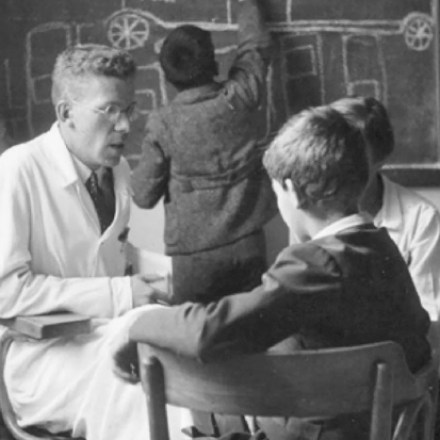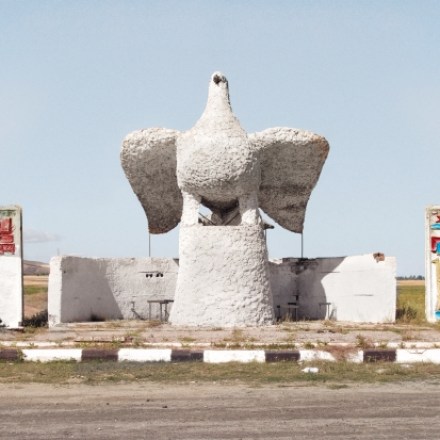Hero or collaborator?
Steve Silberman’s stunning new book looks across history, back to Henry Cavendish, the 18th-century natural scientist who discovered hydrogen, Hugo Gernsbach, the early-20th-century inventor and pioneer of amateur ‘wireless’ radio, and countless other technically brilliant but socially awkward, eccentric non-conformists, members of the ‘neurotribe’ we now call the autism spectrum. He argues passionately for the












